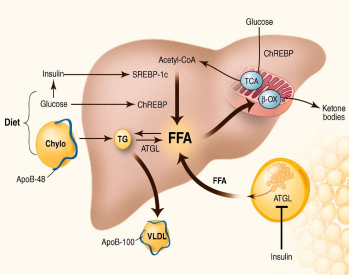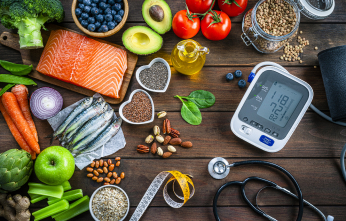


Interpreting these results in consultation with a healthcare professional allows for a patient’s understanding of their cardiovascular health status.
Maintaining a healthy diet is instrumental in managing cholesterol levels. Incorporating heart-healthy foods, such as fruits, vegetables, whole grains, and lean proteins, can contribute to optimal lipid profiles. Conversely, limiting saturated and trans fats, as well as refined sugars, is essential in preventing the elevation of LDL cholesterol and triglycerides.

My Care Labs plays a vital role in facilitating your journey towards optimal health. We offer convenient and efficient lipid profile tests, ensuring accurate and timely results. Our experienced healthcare professionals guide you through the process, providing insights into your lipid profile and offering personalized recommendations based on your results.
Our laboratories are equipped with advanced technology to deliver accurate and reliable lipid profile results.
Our team of experienced healthcare professionals provides insightful guidance, helping you understand your results and take proactive steps towards heart health.

My Care Labs offers quick, hassle-free, and accurate COVID-19 RT-PCR testing. With same day results or within 24 hours, we have testing on-site at our laboratory and at pop-ups throughout California. My Care Labs takes your health seriously. We are a CLIA-certified laboratory, part of the California Covid Task Force, partner with CDPH, and report directly to CDC.
